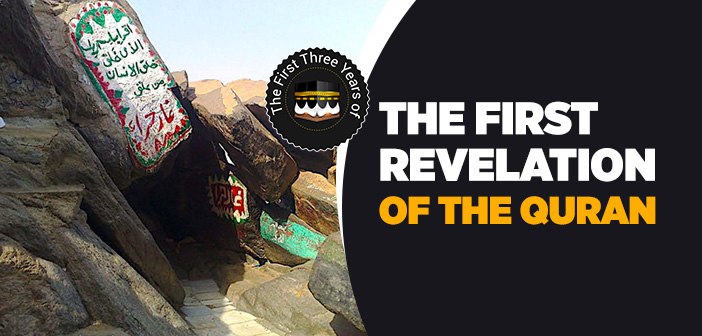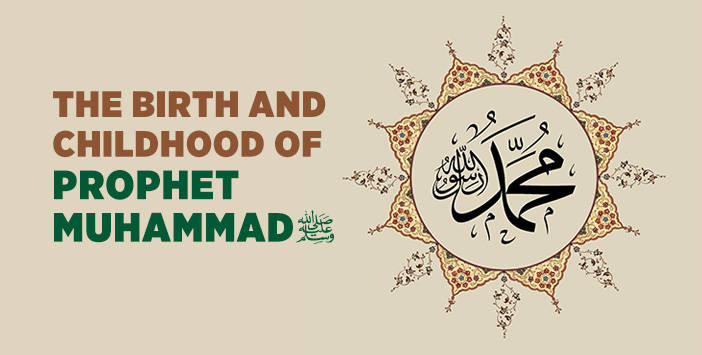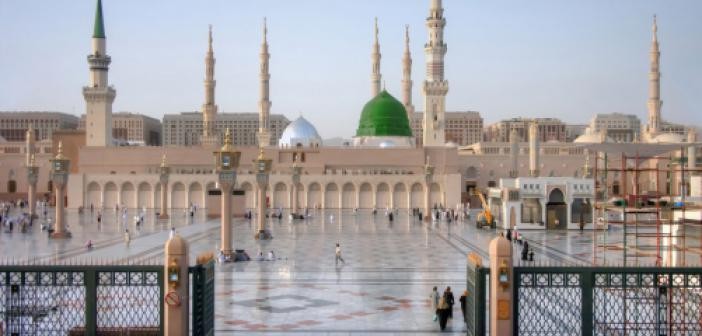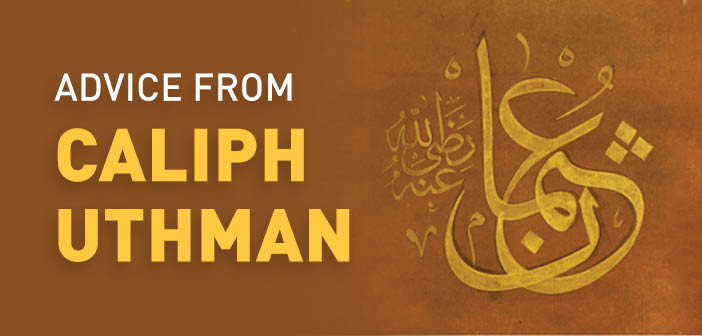
ON THE HUMANNESS OF THE BLESSED PROPHET
Prophets were sent not only to communicate revelation. They have a big mission. Here's On the humanness of the blessed prophet...
Allah, glory unto Him, has reinforced humankind with prophets of their own kind, who dwelled in their midst, and the details of whose lives were quite known to them. In reply to the idolaters’ wishes to see a miracle, the Almighty counseled the Noble Messenger -upon him blessings and peace- to say:
قُلْ سُبْحَانَ رَبِّي هَلْ كُنتُ إَلاَّ بَشَرًا رَّسُولاً
وَمَا مَنَعَ النَّاسَ أَن يُؤْمِنُواْ إِذْ جَاءهُمُ الْهُدَى إِلاَّ أَن قَالُواْ أَبَعَثَ اللّهُ بَشَرًا رَّسُولاً
قُل لَّوْ كَانَ فِي الأَرْضِ مَلآئِكَةٌ يَمْشُونَ مُطْمَئِنِّينَ لَنَزَّلْنَا عَلَيْهِم مِّنَ السَّمَاء مَلَكًا رَّسُولاً
“Say: Glory be to my Lord; am I aught but a mortal messenger? And nothing prevented people from believing when the guidance came to them except that they said: What! has Allah raised up a mortal to be a messenger? Say: Had there been in the Earth angels walking about as settlers, We would certainly have sent down to them from the heaven an angel as a messenger” (al-Isra, 93-95)
The Messenger of Allah -upon him blessings and peace- would remind of his inability to produce a miracle of his own doing, without it being through the permission of the Almighty, no other than the fact that he, too, was after all human. Reiterating this fact on numerous occasions is also the Quran:
قُلْ إِنَّمَا أَنَا بَشَرٌ مِّثْلُكُمْ يُوحَى إِلَيَّ أَنَّمَا إِلَهُكُمْ إِلَهٌ وَاحِدٌ
“Say: I am only a mortal like you; it is revealed to me that your god is one…” (al-Kahf, 110)[1]
The words below of the Blessed Prophet -upon him blessings and peace- leave no doubt as to him being a human being just like everyone else:
“I, too, am human like the rest of you. You come to me to settle your disputes. Some may have more proofs or be more persuasive, and therefore I may judge in favor of them in line with what I hear. Whoever I have favored in my judgment at the expense of the right of his brother, let him know that I have handed over to him a portion of Hellfire.” (Bukhari, Shahadah, 27; Mazalim, 16; Muslim, Aqdiyya, 5)
PROPHETS WERE SENT NOT ONLY TO COMMUNİCATE REVELATION
Prophets were sent not only to communicate revelation, but also to establish a lifestyle compliant with the Divine way, to exhibit an exemplary character under all circumstances and provide a concrete case in point. Since this could only be carried out within a society of human beings, only a human being could have achieved this task. Had there been angels sent instead, verbal communication of the Divine Revelation would have been the only thing they would have been capable of. Being incapable of leading a life in society and therefore unable to relate to their lives and human problems, they would have failed to address the human condition. Human beings would have then come up with the excuse that not being angels, it naturally lies beyond their power to obey the commands and prohibitions communicated by them.
In that respect, being under an obligation to provide an example for his ummah, the Messenger of Allah -upon him blessings and peace- did not lead the extraordinary life the authority of being a Prophet would have otherwise granted. He displayed feats of wonder only very rarely and on an individual scale. The majority of the activities that filled his life evolved around the necessities of society, in line with their capacities. For that reason, anyone intent on becoming an ideal merchant, a perfect family man, a superb commander, an administrator, and so forth, can very well derive principles from the life of the Blessed Prophet -upon him blessings and peace- that will allow him to be so.
Society, through history, has held fast to the illusion that a human being cannot be a representative of the Almighty. That prophets have been human, with wives and children of their own kind, carrying the needs of ordinary human beings have been wrongly regarded as deficiencies on their behalf, which has led to brazenly laying the blame on Divine Will. Many a Prophet has been indicted with such a charge by the very people to whom he was sent.
On the other hand, excess love and devotion to certain Prophets by their followers has led, over time, to a belief that they must be superhuman. Glorifying them with extreme intensity, many have seen fit to ascribe their prophet a divine status, thereby falling into idolatry. Some mistook their prophet to be God, others chose to call him the son of God, or even God incarnate, resulting in a corruption of monotheism, and a promotion of anthropomorphism as is the case with Christianity.
The purpose of the emphasis of the humanness of the Blessed Prophet -upon him blessings and peace- in the Quran and Hadith is to deter the Believers from falling into the error that plagued people before them.
Omar –Allah be well-pleased with him- retells the following words of the Noble Messenger -upon him blessings and peace-:
“Do not praise me in the excessive manner in which Christians praise Isa, son of Maryam. I am without a doubt a servant of Allah. So duly call me ‘Allah’s servant and messenger.’” (Bukhari, Anbiya, 48)
In another hadith, we see the Messenger of Allah -upon him blessings and peace- caution a certain group tending to praise him to excess:
“Do not elevate me above a higher rank than I deserve…for Allah had made me a servant before He made me a Prophet.” (Hakim, III, 197/4825; Haythami, IX, 21)
Another cause for the Prophet’s -upon him blessings and peace- frequent reminder of being human and a servant of the Almighty is his unfathomable humbleness.
Doubtless, many a time, after having enumerated in thankful appreciation the blessings bestowed upon him by the Almighty, he was always quick to adjoin to it the expression, “this is not to boast”.[2]
Abdullah ibn Jubayr –Allah be well-pleased with him- explains:
“Once while the Messenger of Allah -upon him blessings and peace- was walking in the company of a few Companions, one of them made a move to veil him from the sun. Upon becoming aware of the man’s attempt, the Messenger of Allah -upon him blessings and peace- quickly intervened, putting the veil on the ground, before saying:
‘I am human just like you!’” (Haythami, IX, 21)
It should also be remembered, however, that, although human, the Blessed Prophet -upon him blessings and peace- is certainly not just like any other human being. As elaborated by a poet:
“Sure, Muhammad Mustafa -upon him blessings and peace- is human, but he is not like any other. How a ruby fares among stones is how the Messenger of Allah -upon him blessings and peace- fares among human beings.”
Another poet puts this reality into the following words:
There is nobody alike in entire history,
On each tongue lives his memory,
Heavens stand for the perfection of his Ascension,
Angels rise admiring his beauty,
The essence of words resides in his personality,
A man, who yet presides over angels in supremacy
Source: Osman Nuri Topbaş, The Prophet Muhammed Mustafa the Elect, Erkam Publications
[1] For other ayah in relation, see, Fussilat, 6; al-Muminûn, 33, 24; al-Anbiyâ, 2-3; Ibrâhîm, 11.
[2] See Tirmidhi, Manâqıb, 1/3615.















